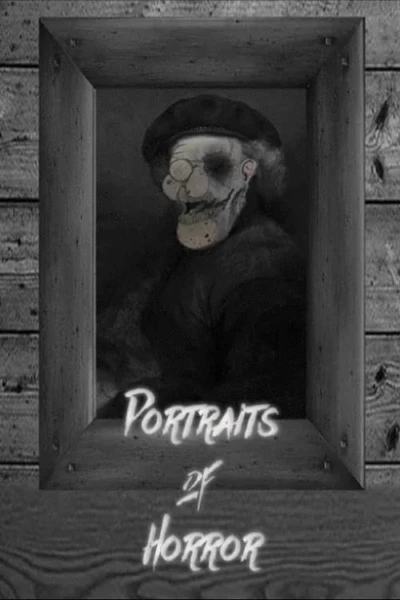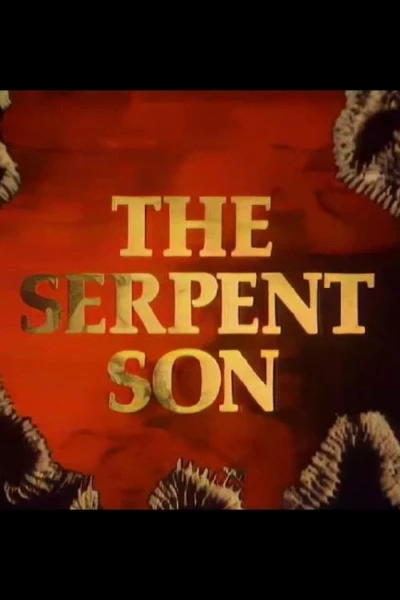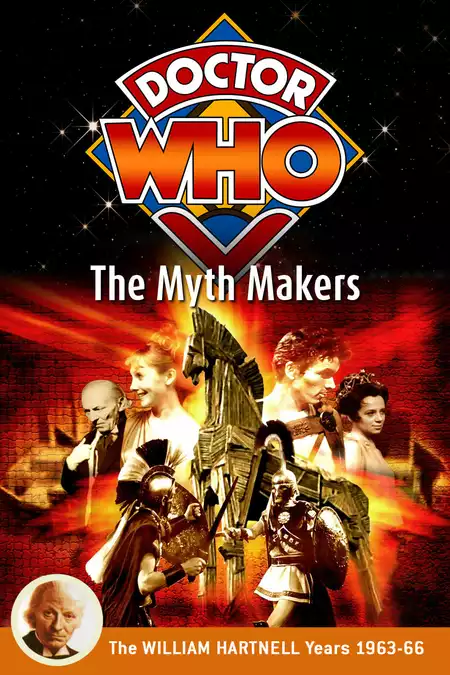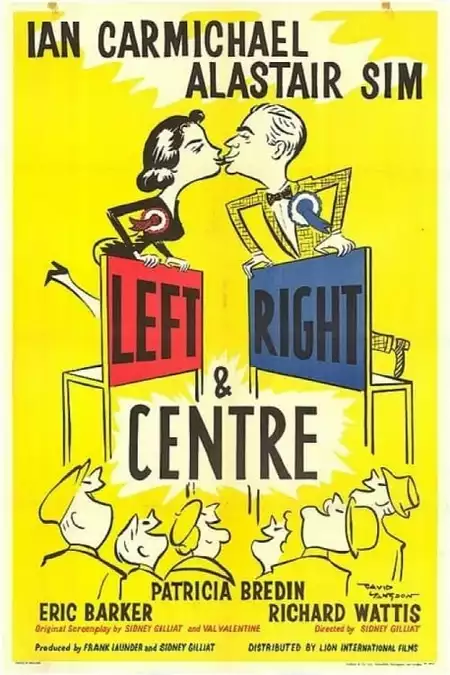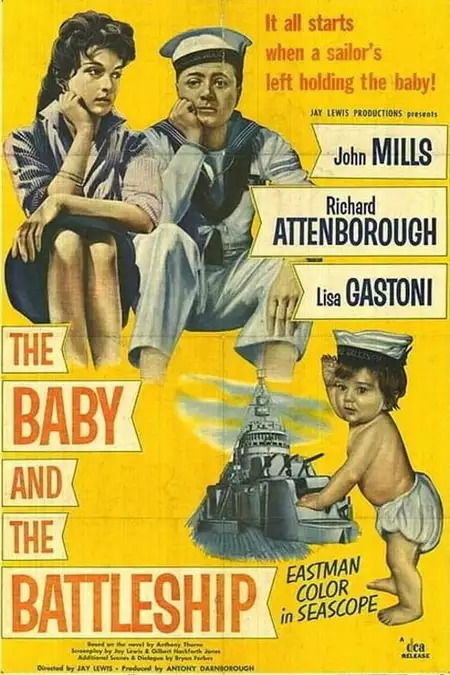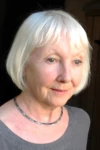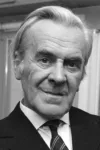Biography
(No Information)
Filmography
all 18
Movies 16
TV Shows 2
Composer
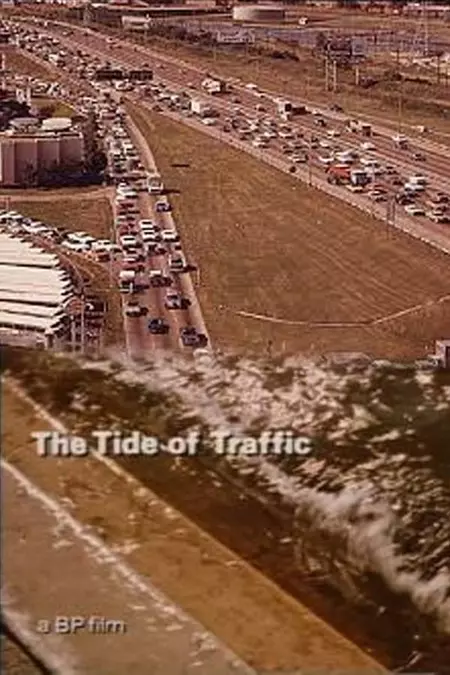
The Tide of Traffic (1972)
Movie
Composer
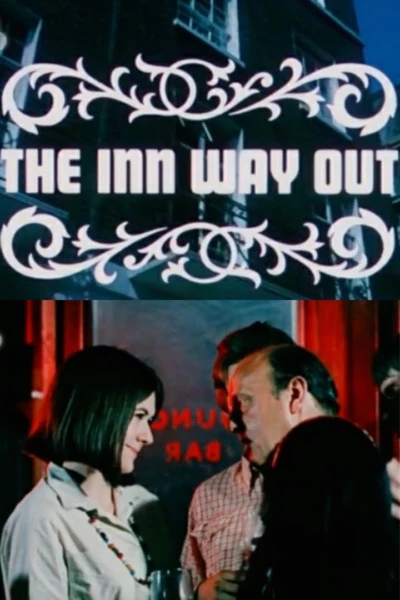
The Inn Way Out (1967)
Movie
Original Music Composer
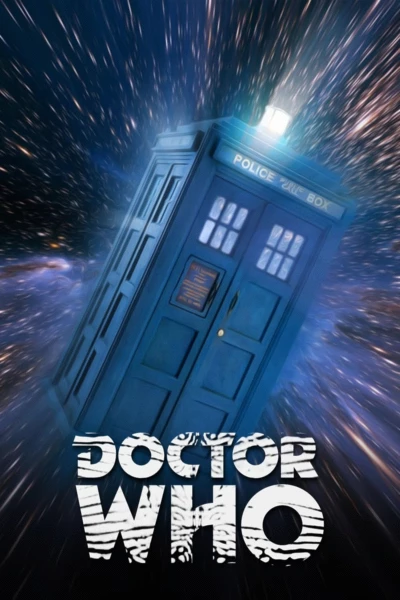
Doctor Who (1963)
TV
6.57
Original Music Composer
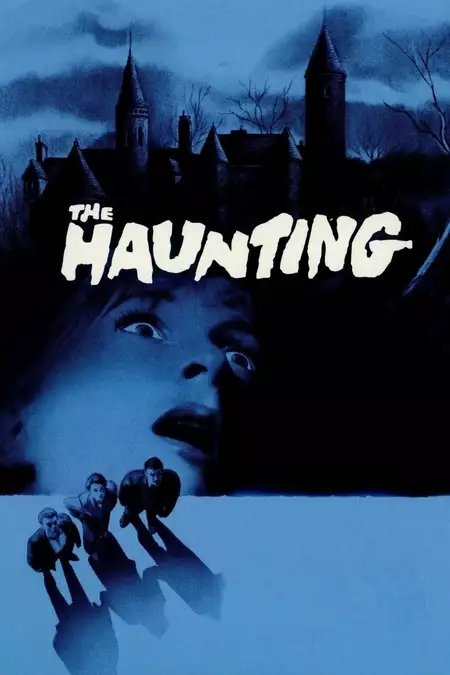
The Haunting (1963)
Movie
4.57
Composer
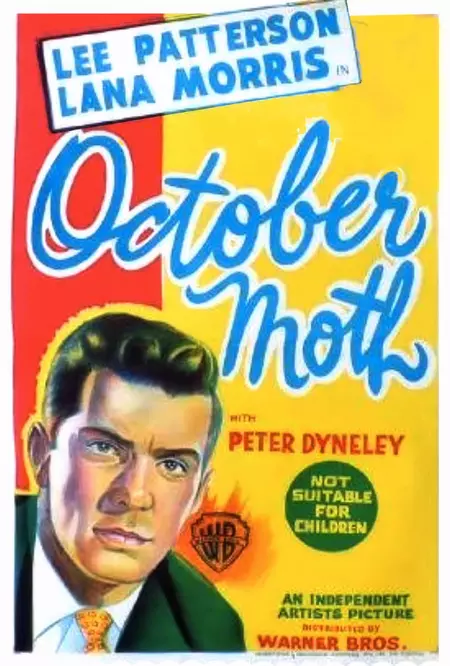
October Moth (1960)
Movie
Composer
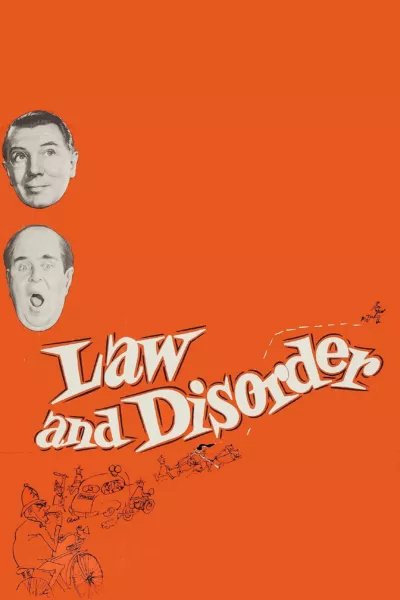
Law and Disorder (1958)
Movie
Composer
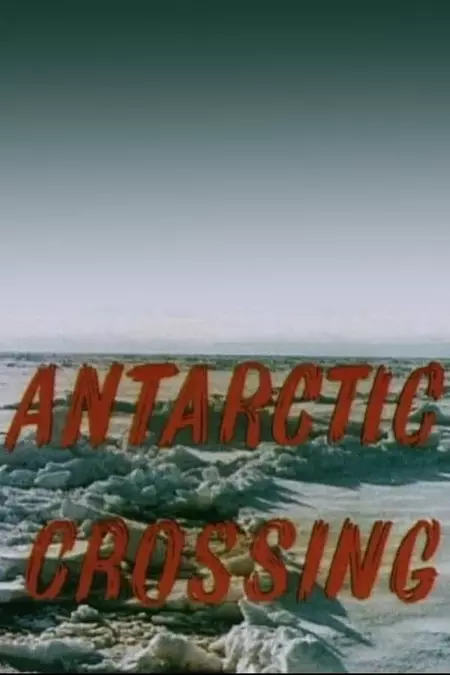
Antarctic Crossing (1958)
Movie
Original Music Composer
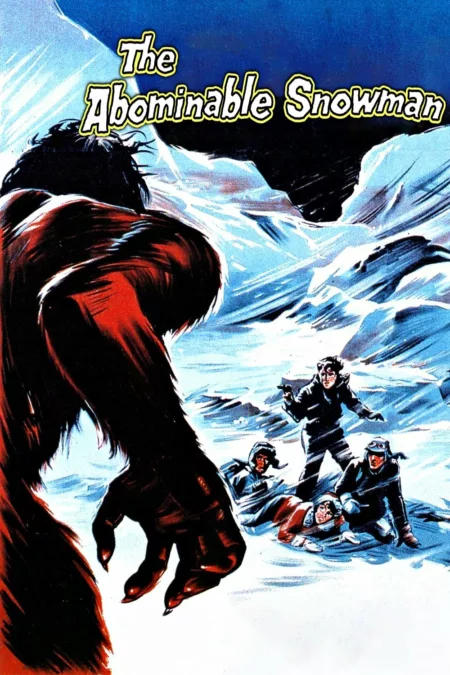
The Abominable Snowman (1957)
Movie
Composer
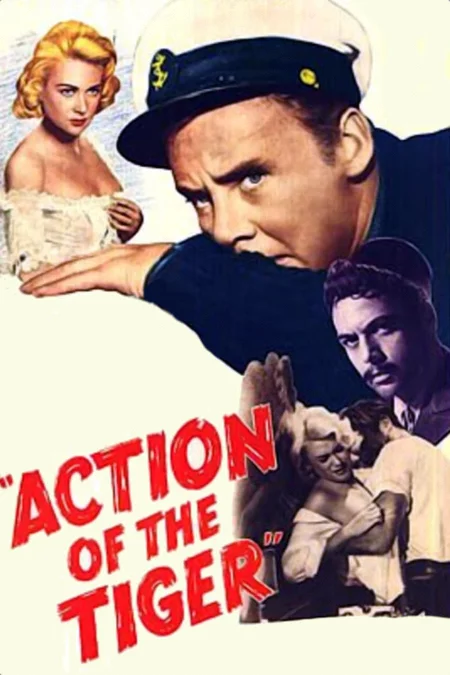
Action of the Tiger (1957)
Movie
Original Music Composer
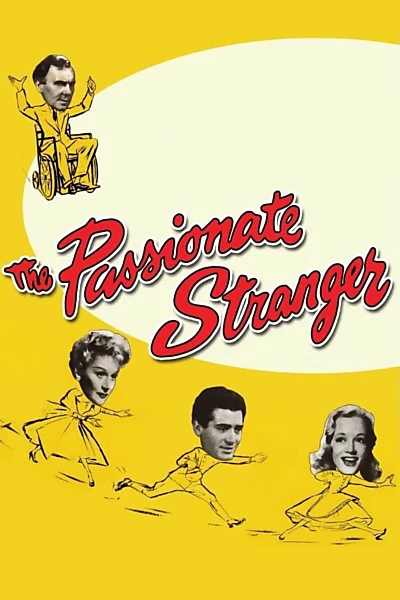
The Passionate Stranger (1957)
Movie
Composer

Beyond Mombasa (1956)
Movie
Information
Known ForSound
GenderMale
Birthday1915-08-26
Deathday1982-05-12 (66 years old)
Birth PlaceOxford, United Kingdom
CitizenshipsUnited Kingdom
This article uses material from Wikipedia.
Last updated:
 Humphrey Searle
Humphrey Searle- Filmography
- Information
- Related Persons
